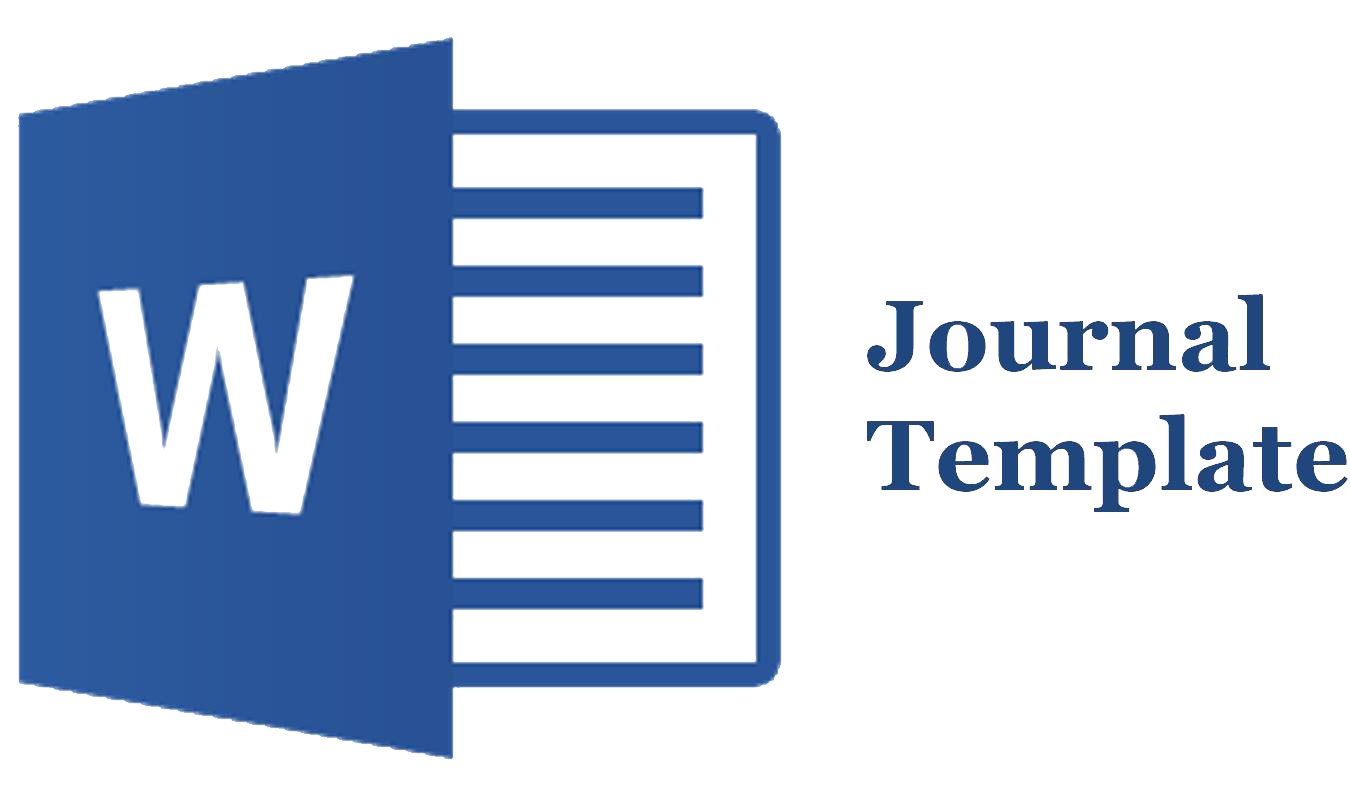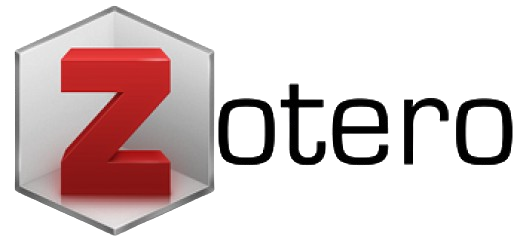The Effectiveness of Twitter-Based Social Movements in the 2023 Attack on Palestine
Abstract
The Palestine–Israel conflict escalated again in October 2023 when Hamas launched an attack on Israel, triggering a massive military response. This situation resulted in thousands of casualties, predominantly among Palestinians, and sparked a wave of global solidarity through social media, particularly Twitter. This study aims to analyze the effectiveness of Twitter in facilitating digital social movements related to the 2023 Palestine–Israel conflict, focusing on the use of hashtags #FreePalestine, #CeasefireNow, and #BoycottIsraeliProducts. Employing a qualitative case study and document analysis, the research examines Twitter’s role in raising public awareness, mobilizing transnational solidarity, and encouraging concrete actions beyond the digital sphere. The findings reveal that Twitter plays a crucial role not only as a channel of communication but also as a strategic space that connects online activism with offline actions, such as demonstrations, boycott campaigns, and fundraising. An analysis using Media Dependency Theory and the concept of Hashtag Activism underscores that social media can strengthen collective empathy, shape global public opinion, and serve as an effective instrument in the struggle for humanitarian justice.
Keywords:
Digital Social Movement, Hashtag Activism, Media Dependency, Palestine-Israel Conflict, TwitterDownloads
References
How to Cite
Published
Issue
Section
License
Copyright (c) 2024 Adinda Meiliani, Putri Ayu Zahra Dewi, Wardah Destia Urfa

This work is licensed under a Creative Commons Attribution-NonCommercial-ShareAlike 4.0 International License.
- Authors retain copyright and grant the journal right of first publication with the work simultaneously licensed under a Creative Commons Atribusi-Non Commercial-Share Alike (CC BY-NC-SA).
- Authors are able to enter into separate, additional contractual arrangements for the non-exclusive distribution of the journal's published version of the work (e.g., post it to an institutional repository or publish it in a book), with an acknowledgement of its initial publication in this journal.
- Every publication (printed/electronic) are open access for educational purposes, research, and library. Other than the aims mentioned above, the editorial board is not responsible for copyright violation.













